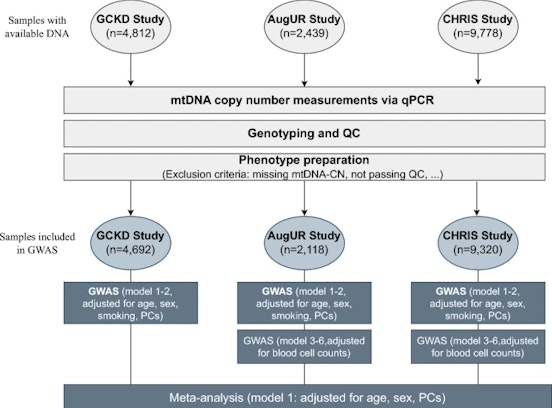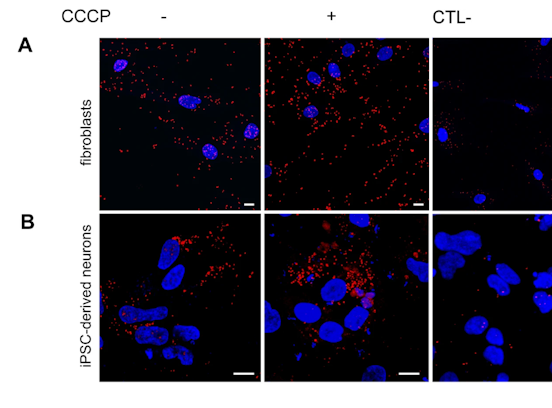Institute for Biomedicine - News & Events - Large genomic analysis highlights COVID-19 risk factors
Large genomic analysis highlights COVID-19 risk factors
A new worldwide study published in Nature reveals 13 loci that are strongly associated with infection or severe COVID-19. The Institute of Biomedicine contributed data from the CHRIS Covid 19 study and a similar study in Val Gardena.
- English
- Italiano
What genetic factors influence why some COVID-19 patients develop severe, life-threatening disease requiring hospitalization, while others escape with mild symptoms or none at all?
A comprehensive summary of findings to date, published in Nature, reveals 13 loci, or locations in the human genome, that are strongly associated with infection or severe COVID-19. The researchers also identified causal factors such as smoking and high body mass index. These results come from one of the largest genome-wide association studies ever performed, which includes nearly 50,000 COVID-19 patients and two million uninfected controls. The findings could help provide targets for future therapies and illustrate the power of genetic studies in learning more about infectious disease. This global effort, called the COVID-19 Host Genetics Initiative, was founded in March 2020 by Andrea Ganna, group leader at the Institute for Molecular Medicine Finland (FIMM), University of Helsinki and Mark Daly, director of FIMM and institute member at the Broad Institute of MIT and Harvard. The initiative has grown to be one of the most extensive collaborations in human genetics and currently includes more than 3,300 authors and 61 studies from 25 countries. The Institute of Biomedicine contributed data from Italy, with data from the CHRIS Covid 19 study and a similar study in Val Gardena.
To do their analysis, the consortium pooled clinical and genetic data from the nearly 50,000 patients in their study who tested positive for the virus, and 2 million controls across numerous biobanks, clinical studies, and direct-to-consumer genetic companies such as 23andMe. Because of the large amount of data pouring in from around the world, the scientists were able to produce statistically robust analyses far more quickly, and from a greater diversity of populations, than any one group could have on its own. Of the 13 loci identified so far by the team, two had higher frequencies among patients of East Asian or South Asian ancestry than in those of European ancestry, underscoring the importance of diversity in genetic datasets.
The team highlighted one of these two loci in particular, near the FOXP4 gene, which is linked to lung cancer. The FOXP4 variant associated with severe COVID-19 increases the gene’s expression, suggesting that inhibiting the gene could be a potential therapeutic strategy. Other loci associated with severe COVID-19 included DPP9, a gene also involved in lung cancer and pulmonary fibrosis, and TYK2, which is implicated in some autoimmune diseases.
The researchers will continue to study more data as they come in and update their results through the “Matters Arising” format at Nature. They will begin to study what differentiates “long-haulers”, or patients whose COVID-19 symptoms persist for months, from others, and continue to identify additional loci associated with infection and severe disease.
Full article here: https://www.nature.com/articles/s41586-021-03767-x
A clear summury here: https://www.nature.com/articles/d41586-021-01827-w









